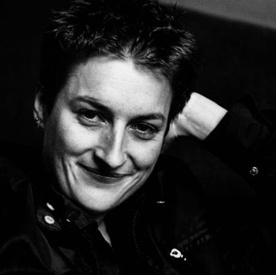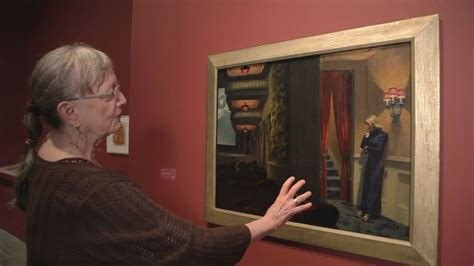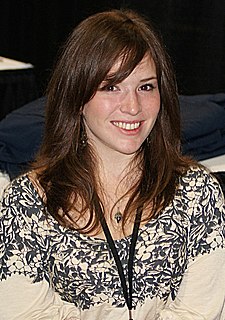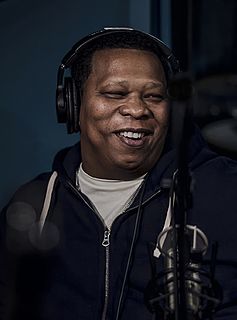A Quote by Sarah Kane
You know, most good playwrights write seven good plays and then something happens and after that they're crap.
Related Quotes
I'm sensitive about the criticism [for not producing new playwrights], yes. But I'm hip to it as well. I read 500 new plays a year, and 99.99 percent of them are not good. I see no reason to do a new play just because it's new. It's like kissing your sister, a virtue, but so what? It seems to me more worthwhile to take a proven playwright and say, Write something for us.
Good writing is writing and rewriting and rewriting and rewriting. Sometimes, it happens to work right away, and that's amazing. But most of the time, it happens to work, and then you rewrite and rewrite and rewrite, and maybe it even comes back to the thing it was in the first place, but then you know for sure that it is good, and it's what you wanted to do.
I think more than anything, you should do what you love. If you love classical playwrights, seek out companies or places that are doing that. If you love modern playwrights, try to find groups who are writing new plays or working on new plays. If you love television, watch as much theater and film as you can.





































